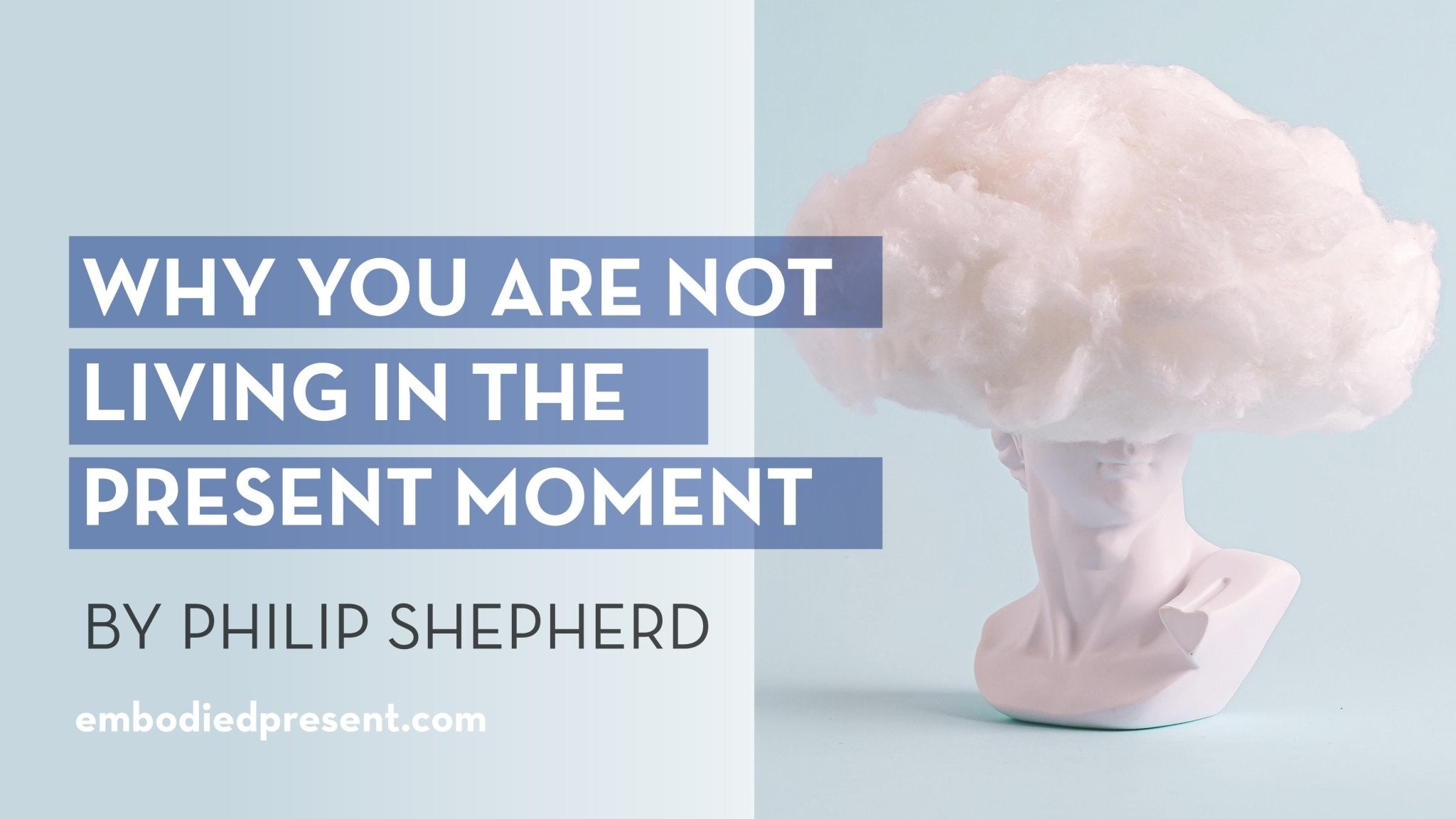Post-concussion syndrome can knock you out
It seems like people all over the place are hitting their heads and taking ages to recover from the blows. Most people know someone who is having a helluva time getting better from a concussion. My daughter’s friend struggled for ten years with post-concussion syndrome. On her worst days, if she needed to ride the subway, she wore construction-grade earmuffs and dark glasses. One day, after getting fed up with the looks directed her way, she made a t-shirt that says “I’m Not Crazy, I’m Concussed”.
My post-concussion experience
I have my own personal experiences. Seventeen ago at a swim practice, I had a breakthrough with my backstroke that unfortunately put me so much into ‘the zone’ that I crashed into the wall at full speed. It took about three months to recover; three months of serious headaches, lost words, lost memories, and a lot of naps.
Nearly 7 years to the day, I was wearing brand new prescription sunglasses—my first multi-focals—and didn’t see a parking curb. I tripped and landed on my face, breaking off parts of my teeth and crunching my neck. The tooth fairy did not know what to do with those broken bits of enamel, but the emergency dentist was able to glue them back in where they rested in all their cracked and tea-stained glory for several years until they broke off in a piece of pizza. That time, it took about eight months to start feeling significantly better.
Then, if you can believe it, less than a year later and almost fully recovered, I was riding my bike in Toronto on a freezing cold January day that I JUST KNEW I shouldn’t be riding on, when I went down on some streetcar tracks that had flash frozen. It wasn’t a severe fall, but I hit on my head again and sat in the middle of the road swearing in disbelief.
Although I never lost consciousness and all my injuries were ‘mild’, having three such blows has a cumulative effect. Doctors are fond of saying, ‘the worst thing you can do after having a concussion is have another one’ but it seems as if anyone who has had one concussion thereafter has a large magnet on their head that attracts car doors, trunk lids, cupboard doors, and anything else your head shouldn’t really come into contact with.
So although this has been a frustrating and painful journey, and, cliché as it sounds, it’s also been full of learning. There is a significant futility in arguing with reality, as I was doing when I sat on McCaul St swearing at myself. It DID just happen, so now what?
Post-concussion syndrome recovery tips
After those unfortunate head blows, I discovered an interesting relationship between post-concussion syndrome and the breath and I’m keen to share what I’ve learned about what works for me.** I think these thoughts and exercises might be relevant for any chronic pain or illness, not just concussions.
Surrender. SO much of getting better from an injury or illness is surrender. You have to surrender to the process of healing. You can’t “THINK” your way to feeling better. You can’t “DECIDE” to get better. Will might help you get out the door some days, but will won’t actually change the reality of the situation. You are going to feel the way you’re going to feel. You’re going to have bad days and good days and, eventually the good ones will outnumber the bad ones. But if you let yourself FEEL your way and let go of all the “shoulds” that will be swirling around, you will find the things that work, the exercises you can do, and the pace you can handle.
Feel. In that surrender, you have the opportunity to be in your body a potentially a new way. You can tune in to all the signs and signals that are already there, that in our hectic pace usually just become white noise. A friend who has also had numerous head blows and I discovered that we both experience a sort of “lightbulb of energy” or “Harry Potter scar” that goes off like an early warning system on the right side of our heads. We feel it in the EXACT same spot. It’s literally as if someone has flipped a switch and a beam of energy shoots out or in (I can’t tell). I’ve learned to trust this feeling and STOP what I’m doing and go lie down. If an immediate stop of what you’re doing is not an option, it’s important to not brace against the feeling but to let it flow and, in my experience, generally it will dissipate.
There is so much wisdom, intelligence and sensation in our bodies. “Listening to your body” works with the assumption that you are divided from your body but if you can EXPERIENCE the sensations and not fight them or shut them down, your healing might find more ease and speed.
Don’t get stuck. One day I went to a doctor who specialized in concussions. When she said “It’s been long enough now. I want you to push yourself more now. You won’t hurt your brain and you need to build back up your stamina” I nearly leapt up and kissed her. Of course she wasn’t suggesting I play hockey or soccer, she was saying it’s ok to try jogging for short bits (gently on a flat surface) and doing more physically.
I held back doing much else other than walking and yoga because when I pushed myself I got a headache, sometimes for days after. But then I went for a walk to a park, newly inspired by that urging from the doctor and the glorious September weather, and did some super gentle jogging. Probably only about 6-7 minutes total, with some breaks in between. It was liberating. But when I got back home my head was swarming and I had to lie down. Uh oh. Did I do a bad thing?
As I lay on the bed, I wondered though if it wasn’t actually a headache, but maybe it was just blood pumping through the brain, a sensation I haven’t experienced for a couple of years? I rested there and tried to let go of the idea of pain.
And I tried this out:
-
When you feel a headache, lie down on a flat surface (bed or mat on the floor) with a little support under your head, allowing your neck to be in a neutral position.
-
As you lie there, try to let your thoughts go and instead notice the sensations. Feel the weight of your body sink into the surface supporting you. Gently feel the breath rising and falling through your chest. As you relax, allow your breath descend lower and lower and start to feel your belly rising and falling as your body releases to the in breath and releases to the out breath.
-
Just notice and feel what’s going on in your head. Let the energy that’s there move. Let go of the idea that it’s pain that you’re feeling. Simply notice it as sensation.
-
After some time of letting that energy do its dance in your head, and with one hand on your chest and the other resting on your belly, ever so gently invite the energy to move, to descend down out of the head and into your body. You might imagine the point of a funnel and allow the energy to drift down, or pour down or settle down like grains of sand through an hour glass. Your hands are softly calling, inviting, the energy down into your body.
-
There’s no formula for this, but being curious and feeling your way, allowing your body to do what it needs to do, might just help.
Be patient with yourself and the world. Nothing more needs to be said here.
Surrender, again, and STOP. Stop when you need to.
And finally…
Get help. Find the bodywork practitioners that feel like the right fit for you (cranial sacral therapy, massage and very gentle chiropractics all helped me). It’s a balancing act finding them, but having good people to support you is invaluable.
What post-concussion recovery strategies have worked for you?
Through recent years I’ve earned a lot about patience with myself (and others), forgiveness, acceptance, and surrender. I’m keen to hear your stories and support you in any way I can. What works for you? How do you support yourself through post-concussion syndrome, chronic pain or illness? Would you like to work with me to rediscover the gentle release of the body to the breath? Send me a note!
** Disclaimer. My medical degree is still in the mail, along with my psychology, medieval literature and veterinarian degrees, so I urge you to talk to your own medical team for advice on when you should exercise and the best treatments for you. I’m just offering my own personal experiences with post-concussion syndrome here and any suggestions are meant for those who are not in the acute stages of trauma.





